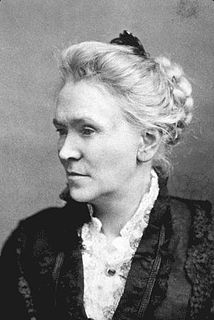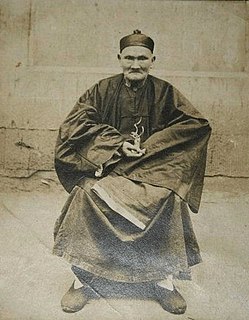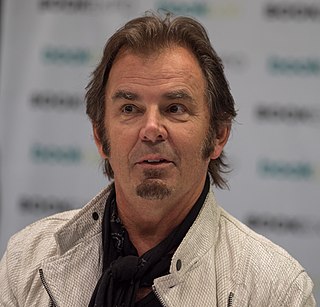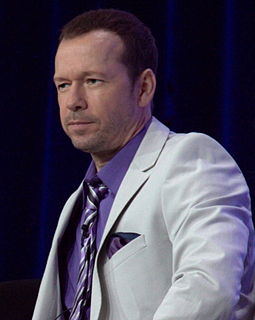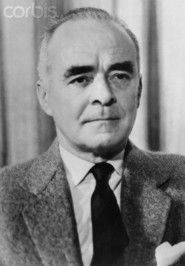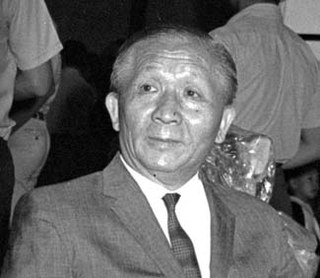A Quote by William Cowper
Mansions once
Knew their own masters, and laborious hinds,
That had surviv'd the father, serv'd the son.
Now the legitimate and rightful lord
Is but a transient guest, newly arrived,
And soon to be supplanted. He that saw
His patrimonial timber cast its leaf,
Sells the last scantling, and transfers the price
To some shrewd sharper ere it buds again. Estates are landscapes, gazed upon awhile,
Then advertised and auctioneer'd away.
Related Quotes
The law known as Marchetta, or Marquette, compelled newly married women to a most dishonorable servitude. They were regarded as the rightful prey of the Feudal Lord from one to three days after their marriage, and from this custom the eldest son of the serf was held as the son of the Lord.... Marquette was claimed by the Lord's Spiritual, as well as by the Lord's Temporal. The Church, indeed, was the bulwark of this base feudal claim.
[A]s a commencement the Lord appeared unto Joseph Smith, both the Father and the Son, the Father pointing to the Son said, "this is my beloved Son in whom I am well pleased, hear ye him" Here then, was a communication from the heavens made known unto man on the earth, and he at that time came into possession of a fact that no man knew in the world but he, and that is that God lived, for he had seen him, and that his Son Jesus Christ lived, for he also had seen him.
The day of my departure at length arrived. Clerval spent the last evening with us. He had endeavoured to persuade his father to permit him to accompany me and to become my fellow student, but in vain. His father was a narrow-minded trader, and saw idleness and ruin in the aspirations and ambition of his son. Henry deeply felt the misfortune of being debarred from a liberal education. He said little, but when he spoke I read in his kindling eye and in his animated glance a restrained but firm resolve not to be chained to the miserable details of commerce.
When the father dies, he writes, the son becomes his own father and his own son. He looks at is son and sees himself in the face of the boy. He imagines what the boy sees when he looks at him and finds himself becoming his own father. Inexplicably, he is moved by this. It is not just the sight of the boy that moves him, not even the thought of standing inside his father, but what he sees in the boy of his own vanished past. It is a nostalgia for his own life that he feels, perhaps, a memory of his own boyhood as a son to his father.
From barren brown stems to glistening leaf-buds; from the leaf-buds to snowy virginity of bloom…It was like a flute song forgotten in another existence and remembered again. What? How? Why? This singing she heard that had nothing to do with her ears. The rose of the world was breathing out smell. It followed her through all her waking moments and caressed her in her sleep.
Before I had studied Zen for thirty years,
I saw mountains as mountains,
and waters as waters.
When I arrived at a more intimate knowledge, I came to the point where I saw that mountains are not mountains,
and waters are not waters.
But now that I have got its very substance
I am at rest.
For it's just that
I see mountains once again as mountains,
and waters once again as waters.
I felt my faith was on again off again until I met Paula White, who saw that the Lord had other plans; there was a weightiness to my spirit. She gave me the news that God loved me and wanted his son back. She spoke to the king in me and gave me new hope I could get right with God. The God I had hungered for; the Father I had been missing.
One way to read the Book of Mormon is as a book of encounters between fathers and sons. Some of those encounters were very positive and reinforcing on the part of the father of a son. Some were occasions where a father had to tell his son or his sons that the path that they were following was incorrect before the Lord.
David knew that the very quality of his worship was not based on his own volition but on the object of his worship - the Father, Son and Holy Spirit. Though our affections for God may wax and wane, His character is unchanging! We even see David speaking to his own soul, demanding of it, "Bless the Lord!"
Because clearly the most amazing thing had happened: by some chance - no, the lover does not believe in chance, but destiny - destiny had arranged it so that the man and woman who had made the original whole, then somehow divided and separated by an angry God, had met up again, and now must reform the rightful, righteous whole. At once!
And he arose and came to his father. But while he was still a long way off, his father saw him and felt compassion, and ran and embraced him and kissed him. And the son said to him, 'Father, I have sinned against heaven and before you. I am no longer worthy to be called your son. But the father said to his servants, 'Bring quickly the best robe, and put it on him, and put a ring on his hand, and shoes on his feet. And bring the fattened calf and kill it, and cet us eat and celebrate. For this my son was dead, and is alive again; he was lost, and is found.' And they began to celebrate.
The Son is called the Father; so the Son must be the Father. We must realize this fact. There are some who say that He is called the Father, but He is not really the Father. But how could He be called the Father and yet not be the Father?... In the place where no man can approach Him (I Tim. 6:16), God is the Father. When He comes forth to manifest Himself, He is the Son. So, a Son is given, yet His name is called 'The everlasting Father.' This very Son who has been given to us is the very Father.

